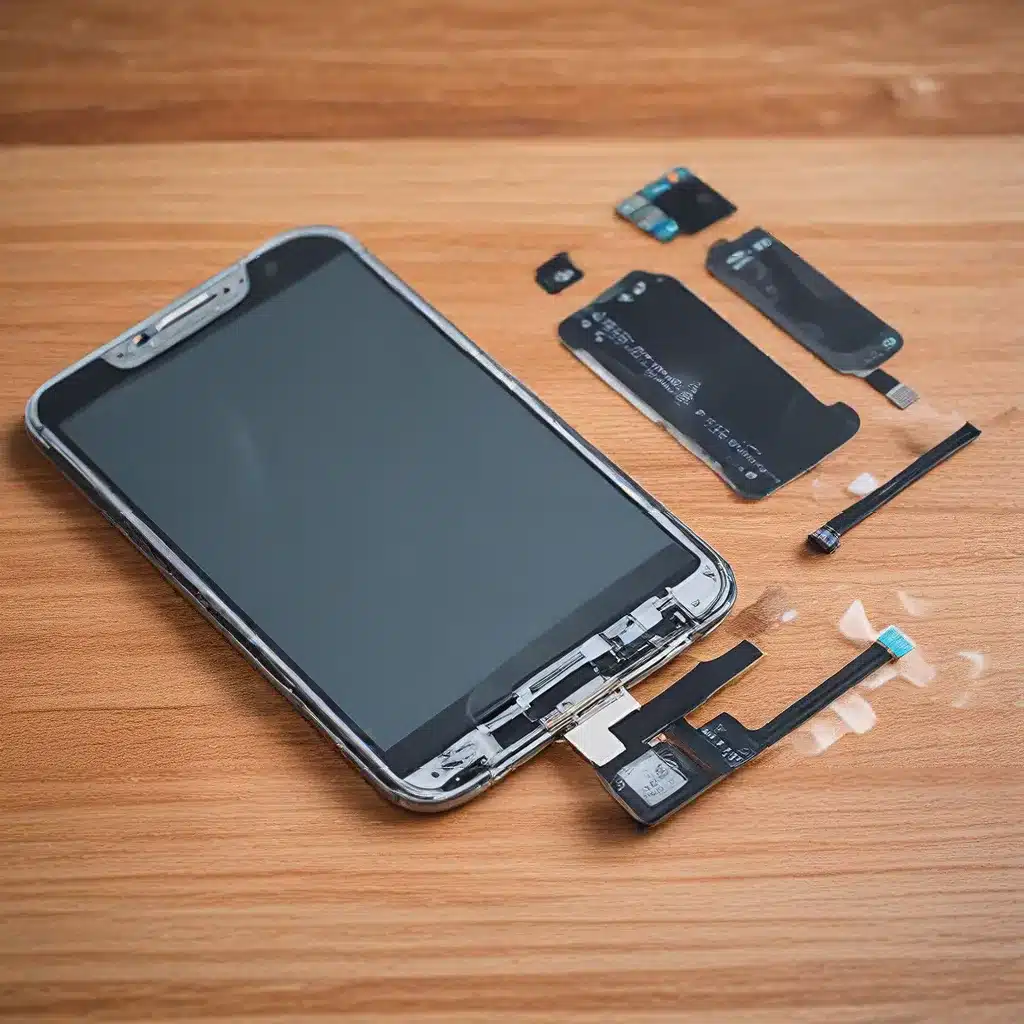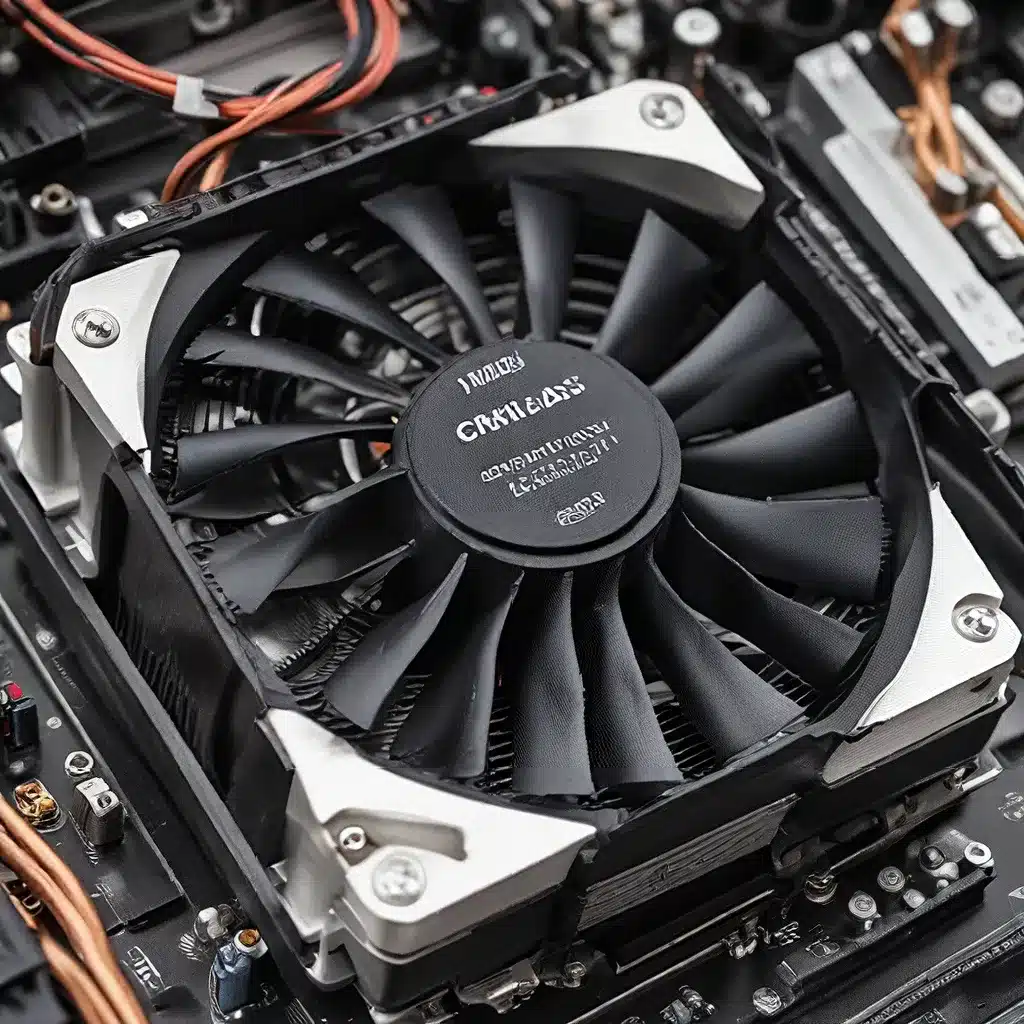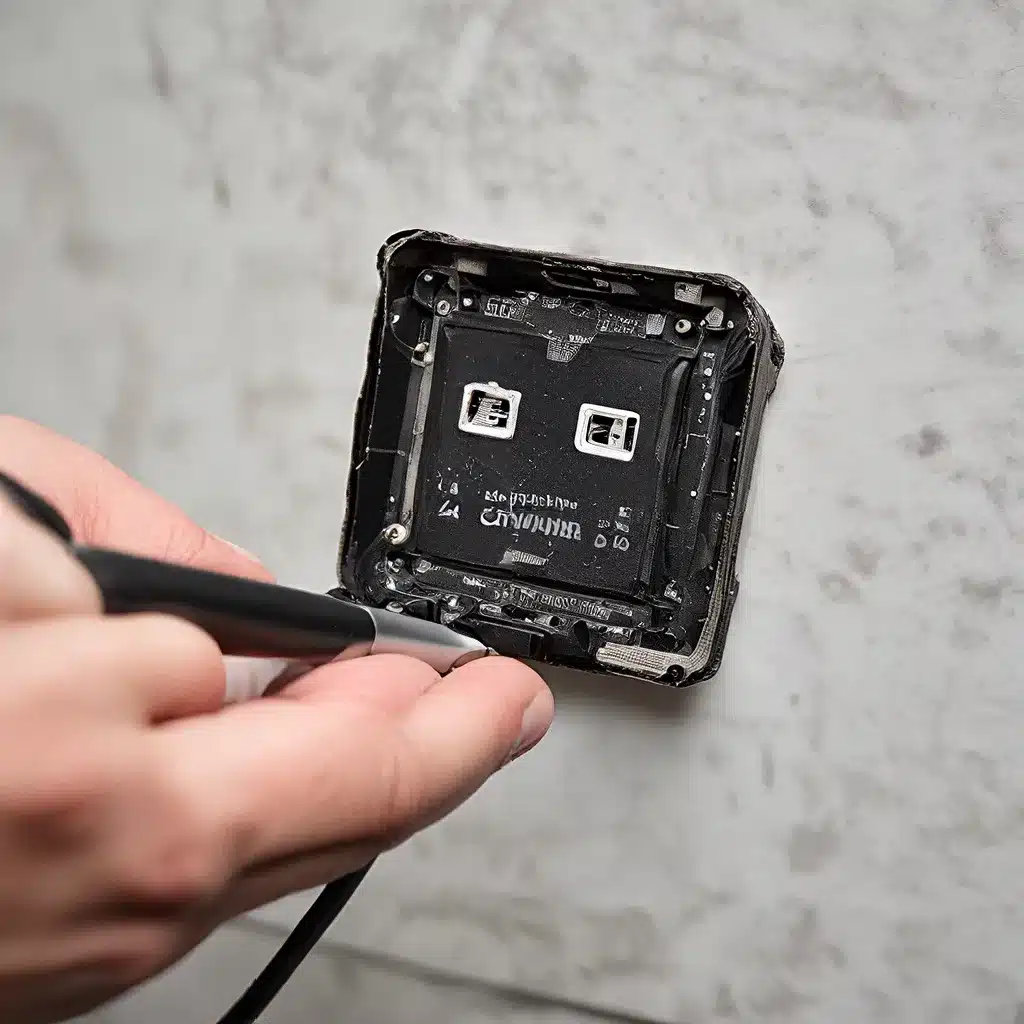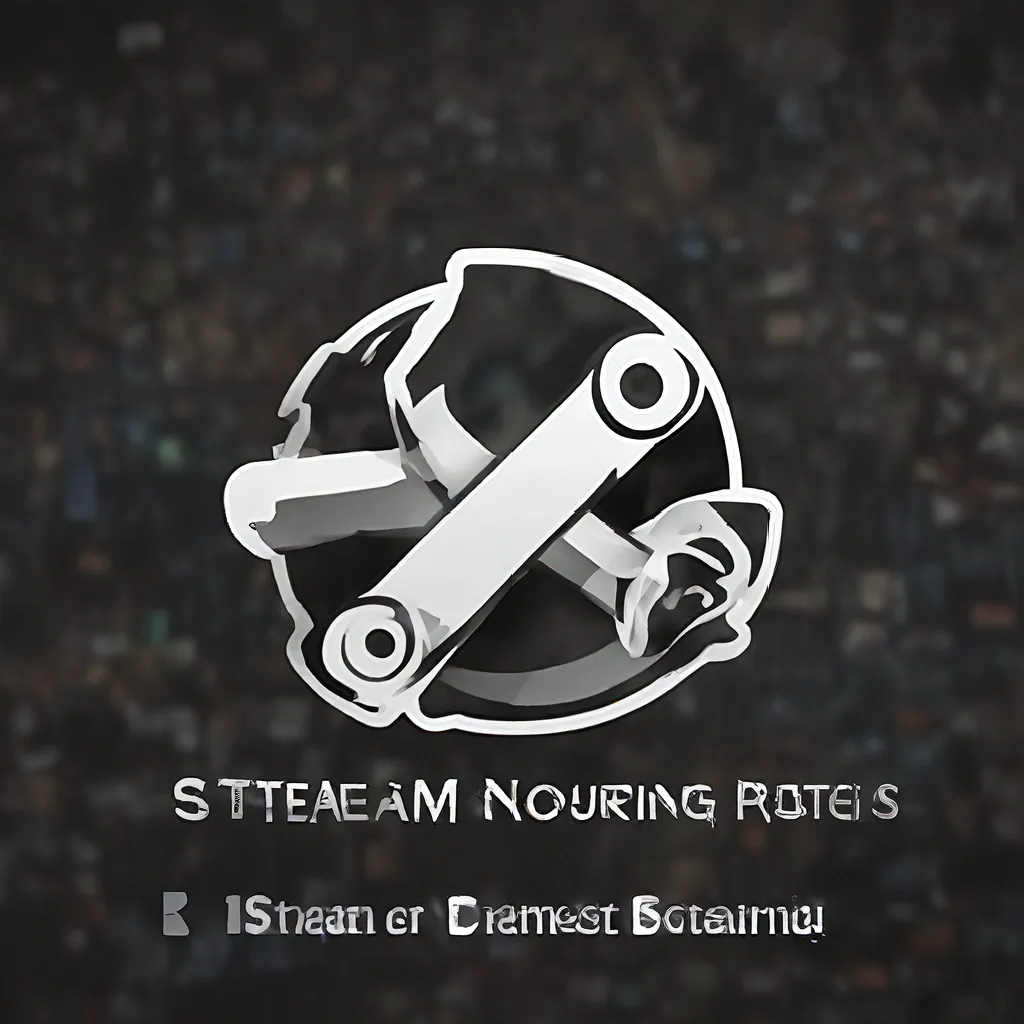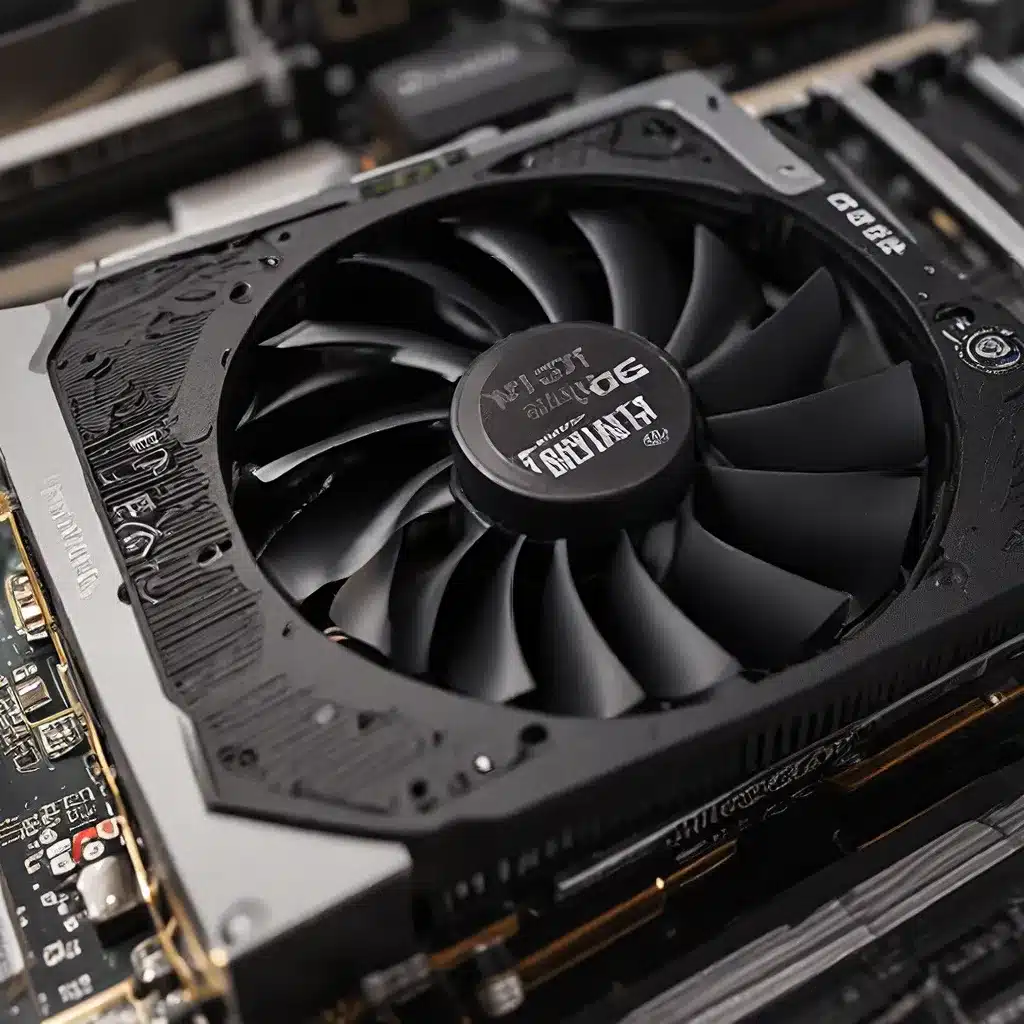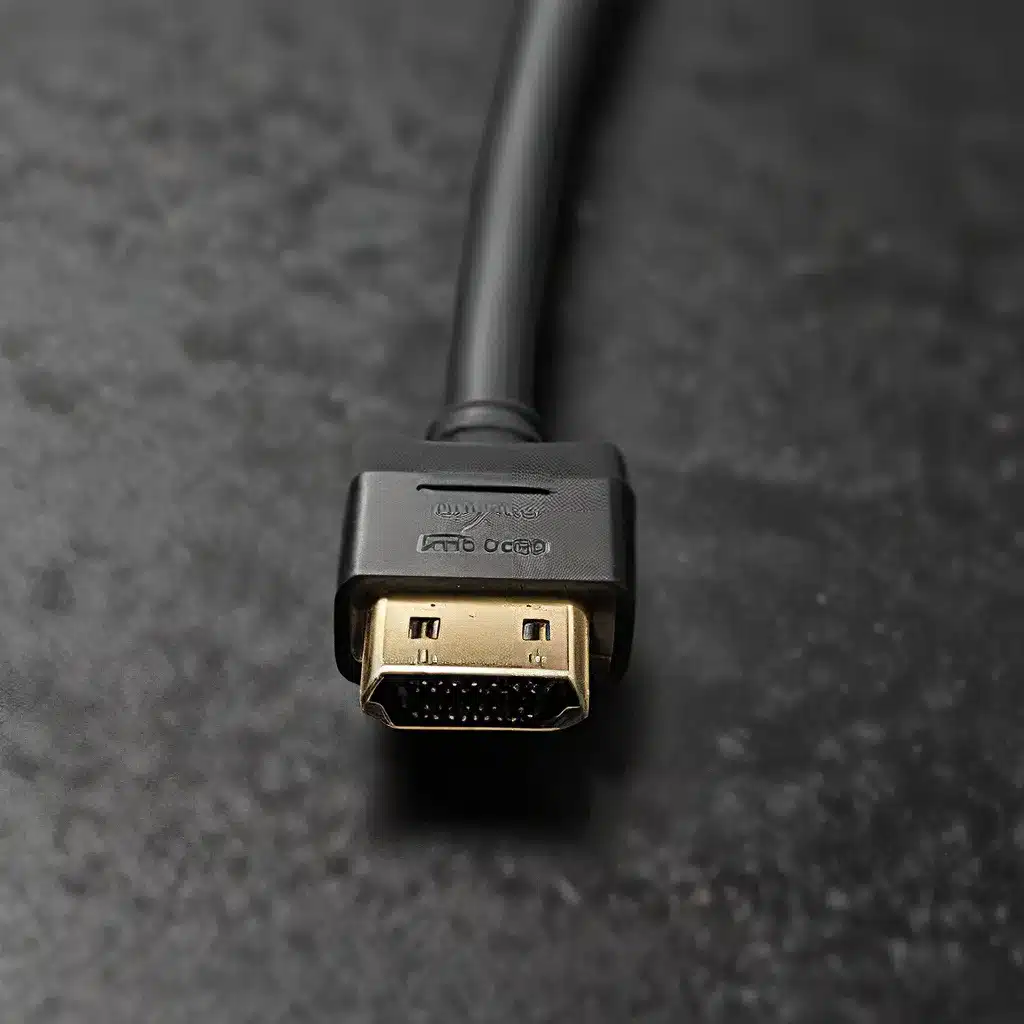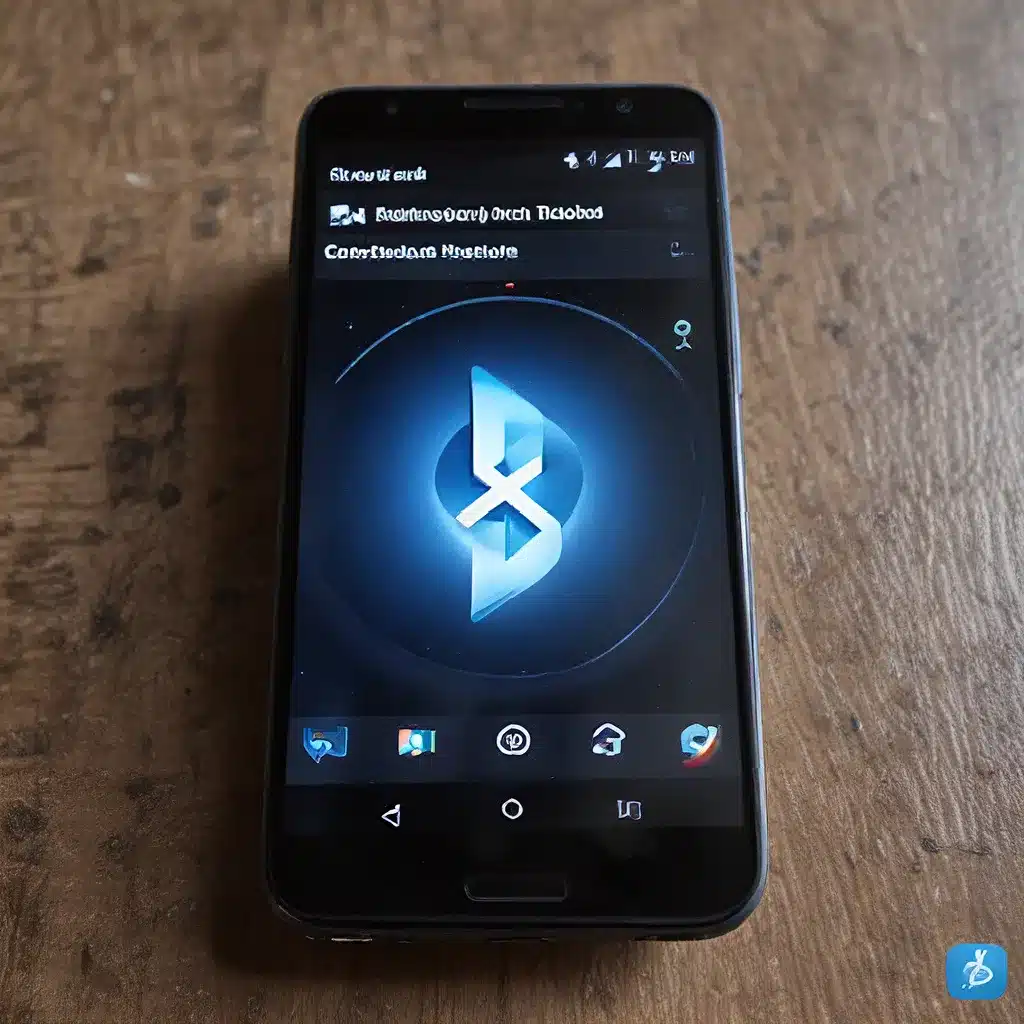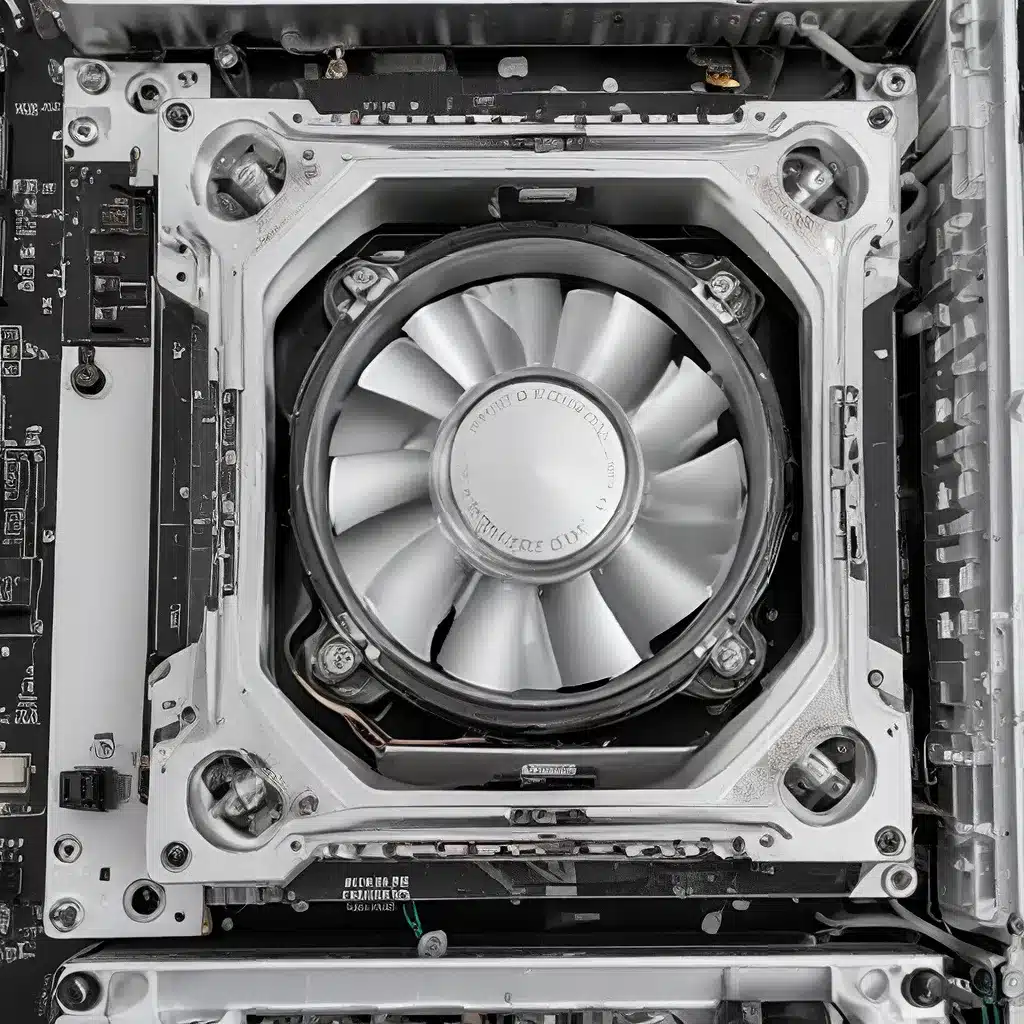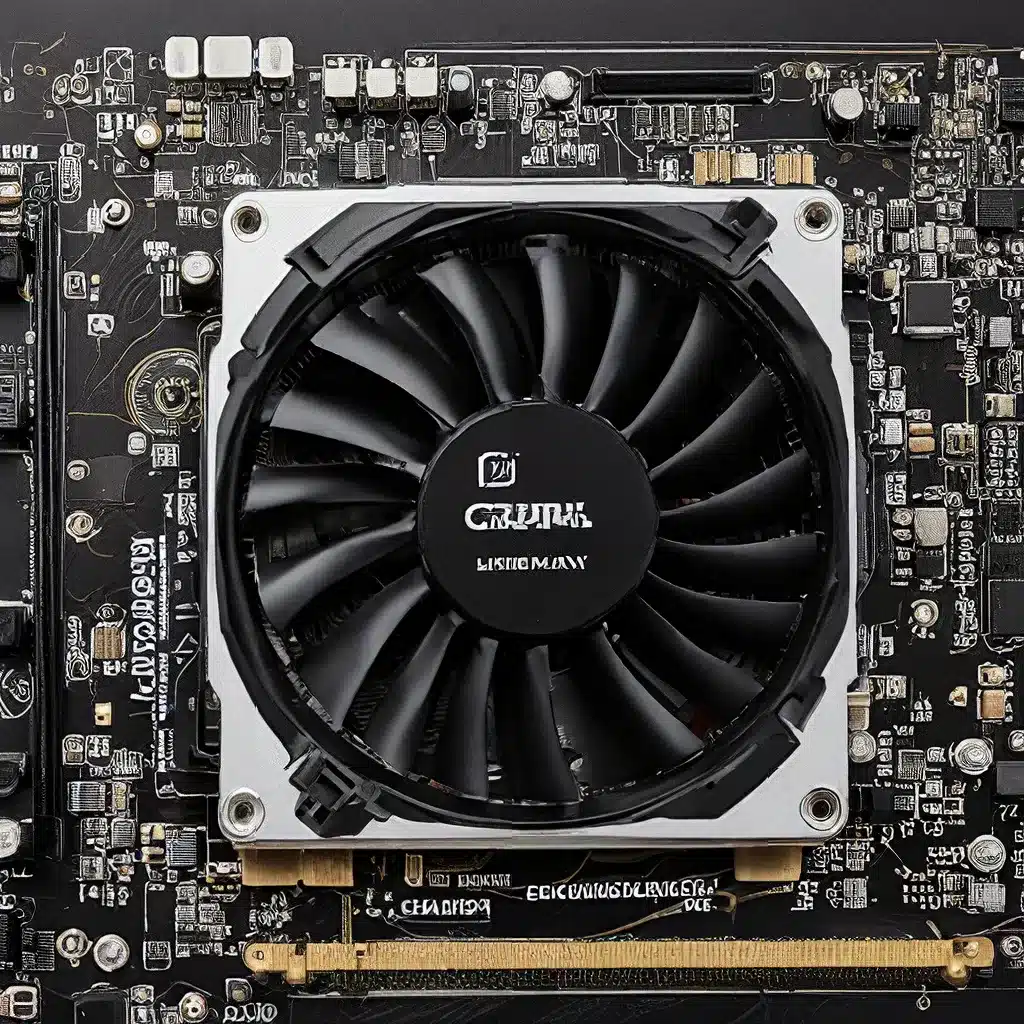Clouds or Drives? The Great Backup Debate
Ah, the age-old question that’s been keeping tech-savvy folks like us up at night – should I trust the cloud or go old-school with local drives for my precious data backup? It’s a dilemma that’s got more layers than a really good lasagna. As someone who’s been around the digital block a few times, I’ve had my fair share of experiences with both options. And let me tell you, it’s not as straightforward as you might think.
You see, when it comes to backup solutions, there’s no one-size-fits-all answer. It really depends on your specific needs, preferences, and the type of data you’re looking to protect. Are you the type who likes to keep everything under lock and key, or are you more of a free-spirited data-sharing enthusiast? Do you live in constant fear of a hard drive failure, or are you more concerned about hackers getting their grubby mitts on your files? These are the kinds of questions you’ve gotta ask yourself before diving headfirst into the backup abyss.
Weighing the Pros and Cons
Now, let’s break down the key differences between cloud-based and local drive backups, shall we? [1] On the cloud side of things, you’ve got the convenience of being able to access your data from anywhere, and the peace of mind that comes with knowing your files are stored off-site (in case of a natural disaster or good old-fashioned hardware failure). Plus, cloud providers often offer nifty features like version control and file-sharing capabilities.
But then you’ve got the potential privacy and security concerns to consider. [2] After all, who knows who might be peeping at your files up there in the digital ether? And let’s not forget about the dreaded internet outage – if you can’t connect to the cloud, you’re kind of out of luck.
Local drives, on the other hand, give you that good old-fashioned sense of control and ownership over your data. [3] No need to worry about third-party snooping or internet hiccups affecting your access. And let’s be real, the idea of having a physical backup that you can clutch and protect like a newborn baby is pretty darn appealing.
But there are downsides to consider as well. [4] Local drives can be vulnerable to physical damage, theft, or good old-fashioned human error (c’mon, we’ve all accidentally deleted a file or two in our day). And let’s not forget the hassle of managing multiple external drives or keeping up with regular backup schedules.
Finding the Perfect Backup Balance
So, how do you find the sweet spot between cloud and local drive backups? Well, my friends, the answer may lie in a little something called the “hybrid” approach. [5] This involves using both cloud storage and local drives to create a comprehensive backup strategy that covers all your bases.
The way I see it, you can use the cloud for your most sensitive or frequently accessed files, while relying on local drives for larger, less-crucial data. [6] That way, you get the convenience and security of the cloud, combined with the control and peace of mind that comes with physical backups. It’s like having the best of both worlds, with none of the drawbacks.
Of course, implementing a hybrid backup system takes a bit more time and effort upfront. [7] But trust me, it’s worth it in the long run. Imagine the relief you’ll feel knowing that your data is safe and sound, no matter what life throws your way – whether it’s a pesky malware attack, a freak power outage, or even a good old-fashioned coffee spill.
The Verdict: A Hybrid Approach is the Way to Go
At the end of the day, there’s no one-size-fits-all answer when it comes to backup solutions. [8] But if you ask me, a hybrid approach that leverages both cloud and local drive backups is the way to go. It’s the digital equivalent of having your cake and eating it too – with the added bonus of knowing that your data is as secure as Fort Knox.
So, whether you’re a tech-savvy small business owner, a freelance creative with a penchant for file organization, or just someone who wants to feel a little more in control of their digital life, I’d highly recommend giving this hybrid backup strategy a shot. Trust me, your future self will thank you.
References:
[1] Knowledge from https://community.cryptomator.org/t/want-suggestions-configuring-a-comprehensive-backup-and-sync-plan-that-includes-cryptomator/7691
[2] Knowledge from https://community.wd.com/t/backup-my-cloud-to-another-external-drive/223077
[3] Knowledge from https://community.adobe.com/t5/creative-cloud-services/using-creative-cloud-as-a-backup/m-p/11885356
[4] Knowledge from https://forums.veeam.com/veeam-agent-for-windows-f33/backup-to-local-then-copy-to-cloud-connect-t57259.html
[5] Knowledge from https://www.reddit.com/r/synology/comments/10qwoe8/local_and_cloud_backup/
[6] Knowledge from https://community.spiceworks.com/t/backing-up-cloud-data-to-local-storage/830526
[7] Knowledge from https://forum.acronis.com/forum/acronis-true-image-2018-forum/can-i-take-full-backup-local-hard-disk-and-incremental-backups-cloud
[8] Knowledge from https://forum.msp360.com/discussion/1588/need-a-scheme-to-backup-to-cloud-and-local-backup-with-slow-internet-connection


